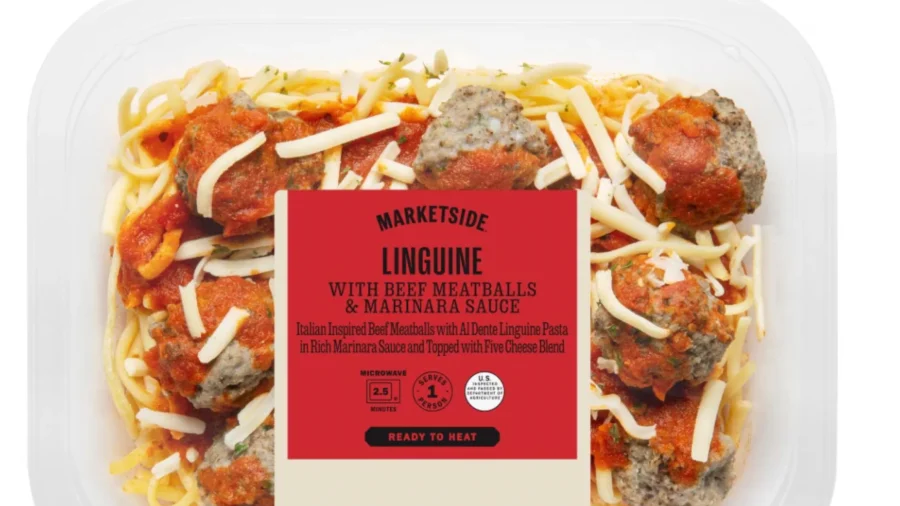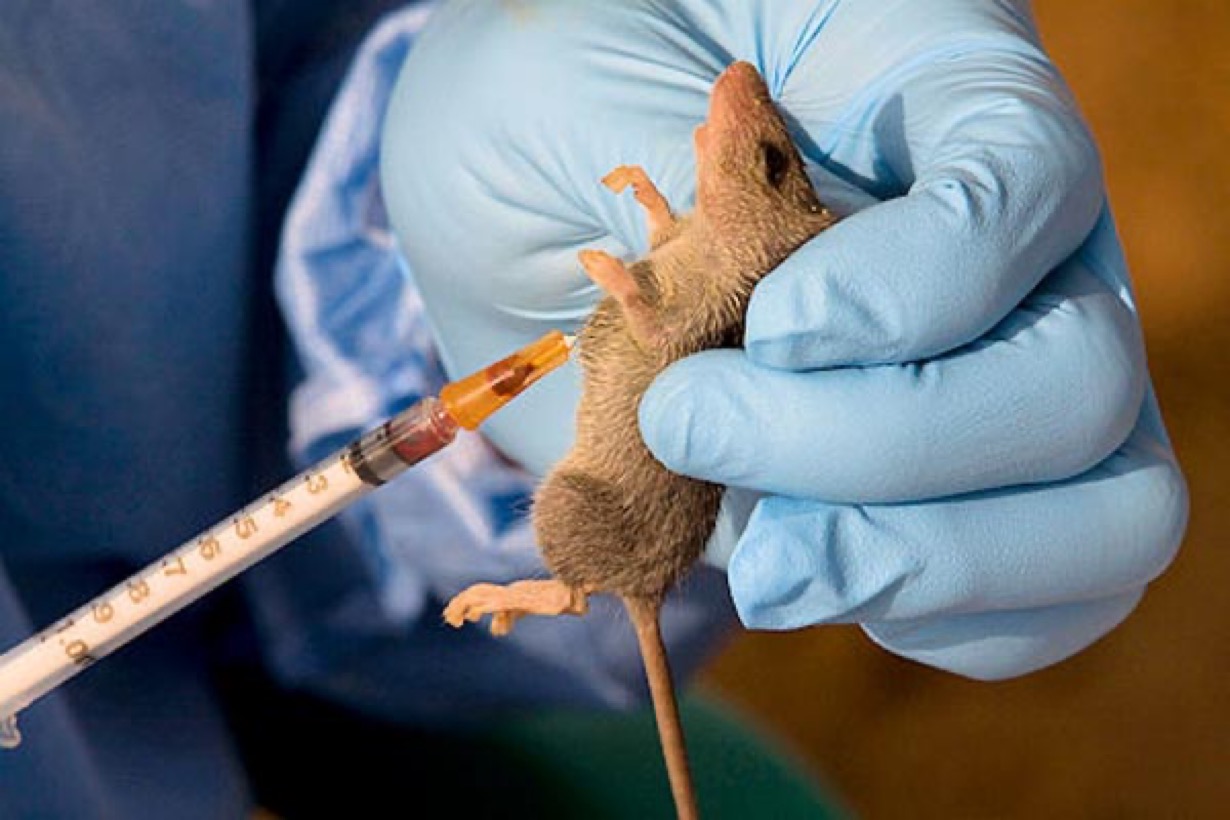Health officials have announced a massive recall of nearly 245,000 pounds of ready-to-eat pasta after a deadly Listeria outbreak struck California. The outbreak has already caused several hospitalizations and deaths. The U.S. Department of Agriculture (USDA) and the Centers for Disease Control and Prevention (CDC) are now urging consumers to check their refrigerators immediately.
Details of the Recall
The recall covers pre-packaged pasta dishes made between late August and mid-September. These products were sold nationwide under multiple brand names. Each recalled item has the establishment number “EST. 19846” printed inside the USDA inspection mark. The affected products include lasagna, macaroni and cheese, and other ready-to-eat pasta meals.
Authorities have confirmed that the contaminated products reached several major grocery stores and restaurants. Consumers should throw away any affected packages or return them for a refund. Acting quickly is vital to prevent further illness.
Affected Products and Retailers
Several popular retailers, including Costco, Trader Joe’s, and Walmart, received shipments of the recalled pasta. Although most batches have been removed from store shelves, officials warn that some may still be in household refrigerators. The contaminated items have been linked directly to the same Listeria strain found in the patients who fell ill.
Health investigators traced the contamination back to a California-based facility that supplies pasta nationwide. Because the company distributed products under several brand names, the recall has reached across multiple states.
Health Risks of Listeria
Listeria monocytogenes causes serious infections, especially among pregnant women, newborns, older adults, and people with weak immune systems. Early symptoms include fever, body aches, nausea, and diarrhea. When untreated, the bacteria can spread to the brain and cause confusion, stiff neck, or even death.
Health experts urge anyone who recently consumed ready-to-eat pasta to monitor for symptoms. If illness develops, they should contact a healthcare provider immediately. Quick treatment significantly improves recovery chances.
Company and Government Response
The California-based company behind the recall has apologized to consumers and temporarily halted production. It is cooperating fully with federal agencies and conducting a deep sanitation of its facility. According to the company, additional testing and maintenance checks are already underway to ensure the safety of future products.
The USDA, CDC, and Food and Drug Administration (FDA) continue to investigate. Their teams are collecting samples, reviewing maintenance logs, and analyzing how the contamination occurred. Authorities plan to release regular updates until the investigation concludes.
Consumer Safety Tips
Food safety experts recommend keeping ready-to-eat meals refrigerated below 40°F and avoiding cross-contamination in the kitchen. Thoroughly washing hands and surfaces after handling food also helps prevent infection. Since Listeria grows even in cold temperatures, people should discard any suspicious or expired products.
Furthermore, consumers can sign up for recall alerts from the USDA and FDA to stay informed about food safety issues. Staying proactive reduces the risk of exposure to harmful bacteria.
Conclusion
The California pasta recall underscores how easily contaminated foods can threaten public health. While the quick response from health officials may prevent more cases, consumers still play a vital role in stopping the spread. Checking product labels, following recall instructions, and practicing good food hygiene all contribute to keeping families safe.
Bonus Read: NAFDAC Mandates Food Companies to Cut Trans Fats in Nigeria




https://shorturl.fm/7m8xV